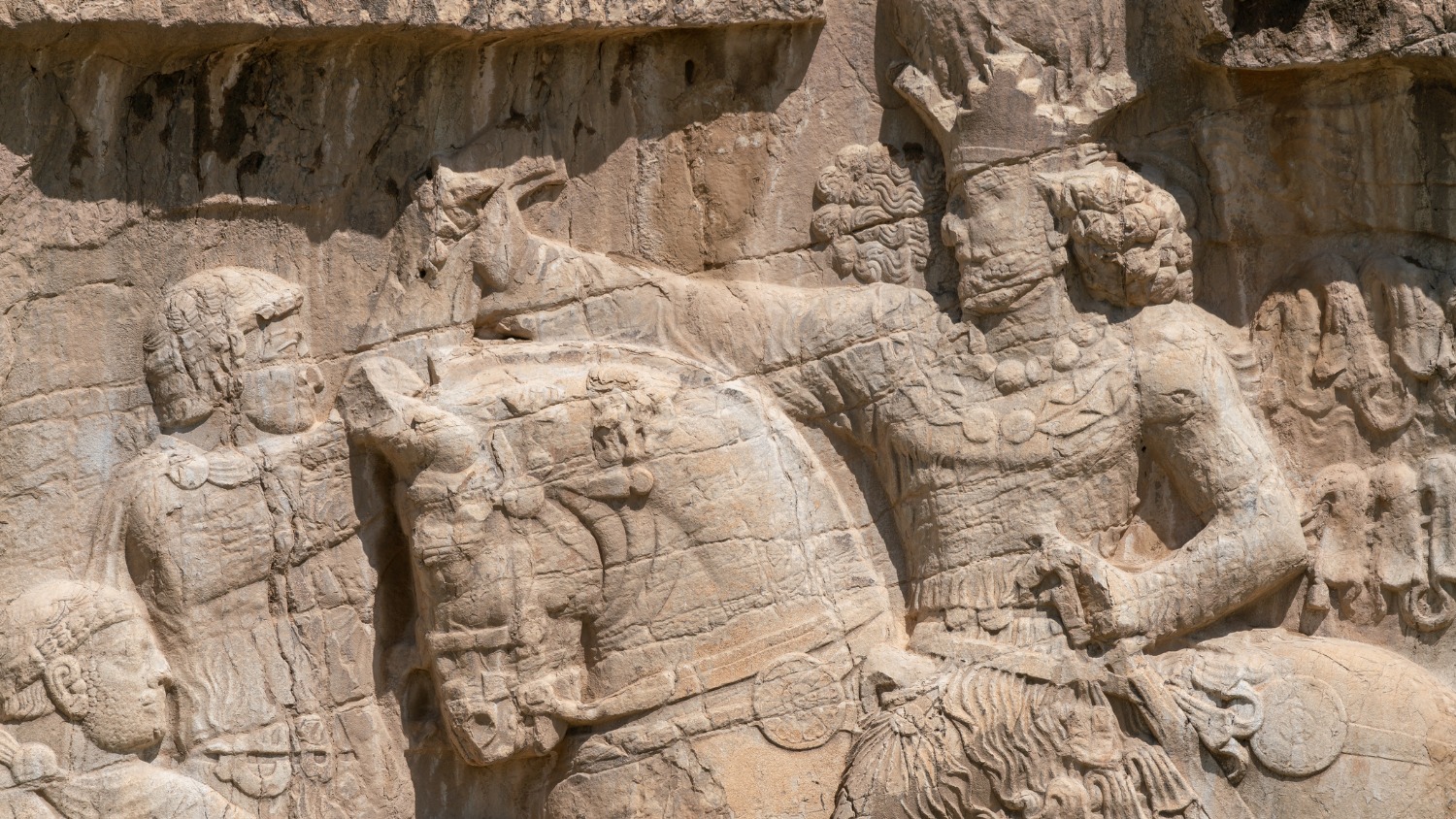[ad_1]
What does a Persian king from 2,500 years ago have to teach us about life today? Quite a lot, in my humble opinion.
If you’ve never heard of Cyrus the Great, you’re not alone. Yet his leadership – marked by wisdom, tolerance, and a deeply spiritual approach to life – still echoes through history. The word “ruler” does not do him justice at all. He was a liberator, a unifier, a visionary who understood that true power comes not from conquest but from compassion.
For me, he’s the perfect example of how a spiritualist mindset is the secret to the collective well-being of our species.
The King Who Ruled with Kindness
So, let me tell you Cyrus’s story. Born in 600 BCE, Cyrus II of Persia – the “Great” epithet was something he would earn, not something he was born with – became the architect of what would be the world’s largest empire at the time. Unlike so many conquerors before and after him, though, he didn’t rule with an iron fist. Far from it: he led with respect, granting his people religious freedom, economic stability, and even, long before it was a concept with a label of its own, human rights.
Where other rulers enslaved their enemies, Cyrus freed them. When he conquered Babylon, he was welcomed as a liberator, not a tyrant. He even allowed exiled communities – particularly the Jews who had been taken captive by Babylon – to return home. They were so grateful that they called him “the Messiah” – the only non-Jewish figure in history (other than Melchizedek) to receive that title.
A Spiritual Perspective on Leadership
What made Cyrus different? His belief in a higher, unifying force. Or, to put it another way, his spirituality.
Cyrus was deeply influenced by Zoroastrianism, a belief system embracing the idea of Ahura Mazda, a Great Spirit that pervades the universe. He saw all religions as reflections of this greater whole, which is why he encouraged people to worship freely. Rather than imposing his own faith, he supported local traditions, restored temples, and ensured that people could honour their own gods in peace.
Mind you, this philosophy wasn’t just about religious practices. It was about recognizing the divine in everyone, treating others with fairness, and understanding that leadership is a form of service, not just authority.
A Legacy That Still Inspires
Cyrus’s influence didn’t end with his empire, which lasted until 330 BCE. Almost two millennia later, his leadership style inspired figures like Thomas Jefferson and shaped the values of the U.S. Constitution. His approach to governance – promoting liberty, justice, and human dignity – feels strikingly modern.
His principles are just as relevant today as they were then. Imagine if world leaders embraced his belief in tolerance. Imagine if communities operated on his understanding that we are all part of something greater. Imagine if we, in our own lives, led with kindness, wisdom, and an open heart.
What Can We Learn from Cyrus Today?
For those of us navigating the later chapters of life, Cyrus offers a refreshing perspective. Aging is often seen as a time of limitation, but in reality, it’s an opportunity to embrace a more spiritual approach to life – one that prioritizes wisdom over worry, understanding over fear, and connection over isolation.
Cyrus’s last words to his sons reveal his view of the soul: “Never yet, my sons, could I be persuaded that the soul only lives so long as she dwells within this mortal body… I cannot believe that she must lose all sense on her separation from the body, but rather that she will reach her highest wisdom when she is set free.”
It’s a powerful reminder that our spiritual journey doesn’t end with age – it only deepens.
A Thought to Carry Forward
Cyrus’s tomb, which still stands in modern-day Iran, bears this simple inscription: “O man, whoever you are and wherever you come from… I am Cyrus who won the Persians their empire. Do not therefore begrudge me this bit of earth that covers my bones.”

If you consider just what he achieved, it’s a humble request indeed!
Perhaps the greatest thing we can learn from Cyrus’s story is this: true leadership isn’t about control – it’s about liberation. And whether we’re leading nations, families, or simply our own lives, we have the opportunity to live with the same spirit of wisdom, tolerance, and generosity that made Cyrus truly great.
Questions for You:
Did you know about Cyrus the Great before? Do you see the connection between his approach to leadership and the way we navigate life’s challenges today? How do you incorporate spiritual wisdom into your own life?
[ad_2]
Source link












